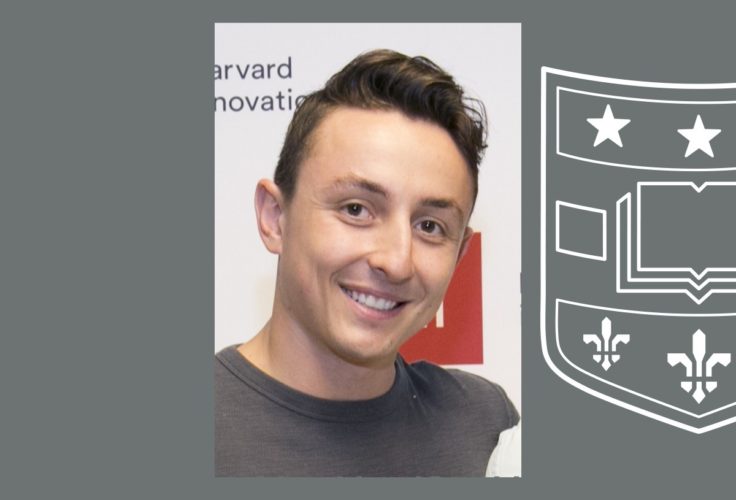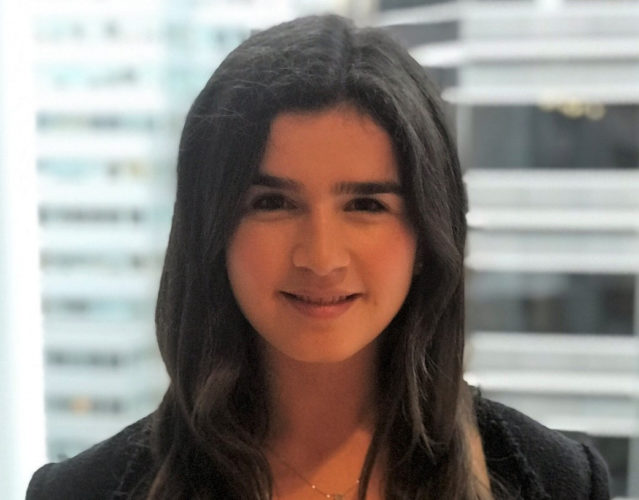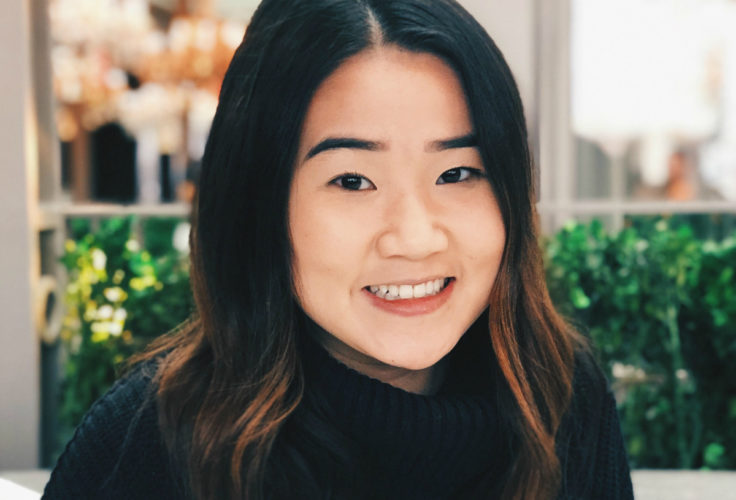Nate Maslak, BSBA ’11, and the company he cofounded and leads—Ribbon Health—landed a $43.5 million Series B investment in November.
General Catalyst led the investment with participation from new and current investors, including Andreessen Horowitz, BoxGroup, Rock Health and Sachin Jain.
The funding is a big deal. “This funding will enable us to accelerate and scale Ribbon Health, creating even more value for our partners with exceptional talent and technology. We will expand our reach across health plans, provider organizations, and digital health solutions,” according to an announcement on Ribbon’s website.
“Ultimately, Ribbon will become the connective tissue that allows patients to find the care they need across any touchpoint in the healthcare system.”
The company had secured three earlier seed funding rounds. The Series A $10.25 million round led by Andreessen closed on February 27, 2020.
“Nate was a rock star entrepreneurship student as an undergrad at Olin,” former Olin entrepreneurship professor Cliff Holekamp said at that time. “His success is no surprise.”
Cofounders meet in grad school
As the story goes, Maslak and Ribbon cofounder Nate Fox met at Harvard Business School. Both wanted to help family members find the care they needed. That’s because both had watched parents and grandparents endure tests and unhelpful referrals, while spending thousands. They decided to try to help.
In 2016, they launched HealthWiz. HealthWiz evolved to Ribbon to provide patients with a seamless way to navigate healthcare across checking symptoms, researching conditions, finding doctors and estimating costs of care.
The issue became clear. As they helped clients find doctors, according to Ribbon’s website, the team discovered the doctor-data-problem. It included wrong phone numbers, old addresses, out-of-network doctors and physicians who no longer practiced.
Data flaws at the root
Data on medical providers, including address and phone number, are only 48% accurate, according to a press release from Ribbon.
The flaws directly affect patients who want to compare procedure prices. As it turned out, one in three patients were skipping care due to cost concerns. Therefore, “there is a critical need for accurate data on providers, specialties, and insurance that takes price transparency and quality into account.”
Consumers can easily find the address for a local restaurant, Maslak said. The same can’t be said for patients. They might be looking for a phone number to make an appointment for a critical MRI. Or they might want to confirm they are seeing a clinician who is in-network and of high quality. Malslak wants “no unexpected costs associated with their care visit.”
Ribbon’s application programming interface (API) delivers data across providers, insurance, conditions and procedures treated. Plus it supplies cost and quality metrics.
Ribbon has raised a total of $55 million in funding, according to the press release.







